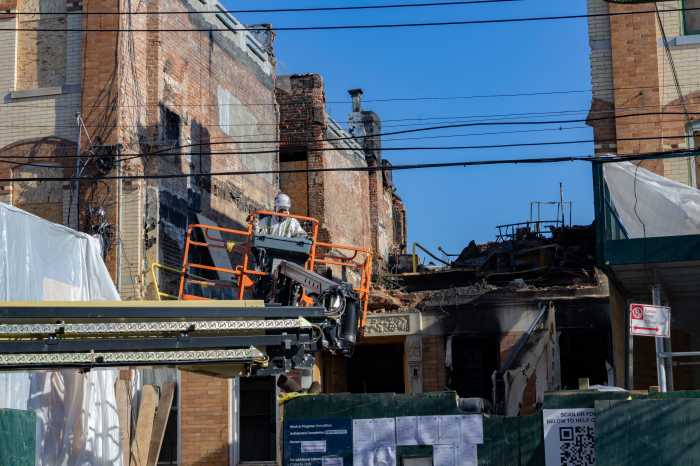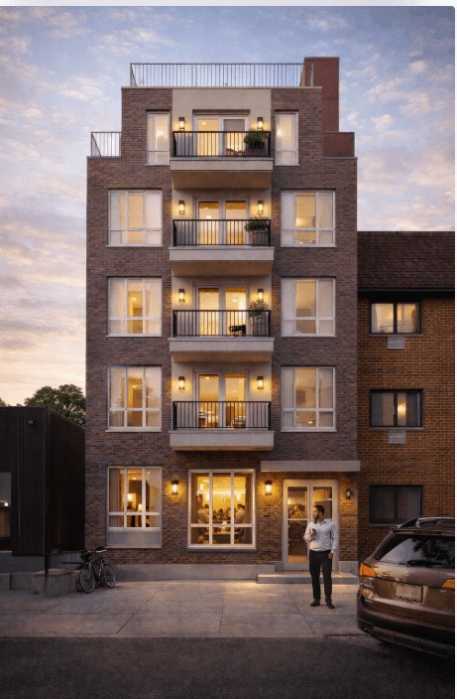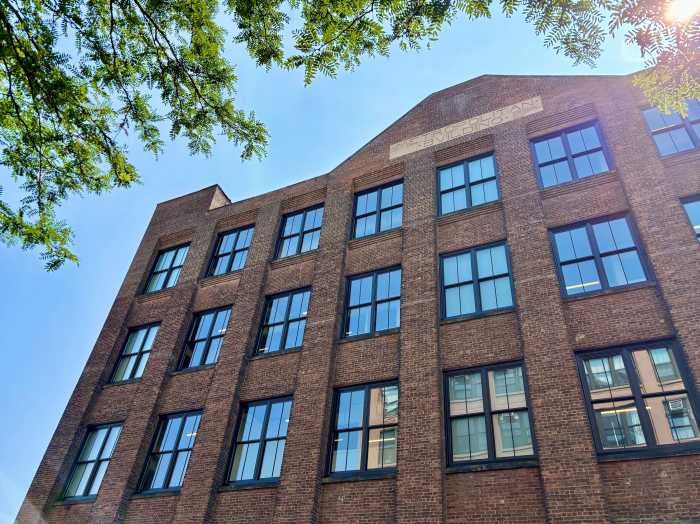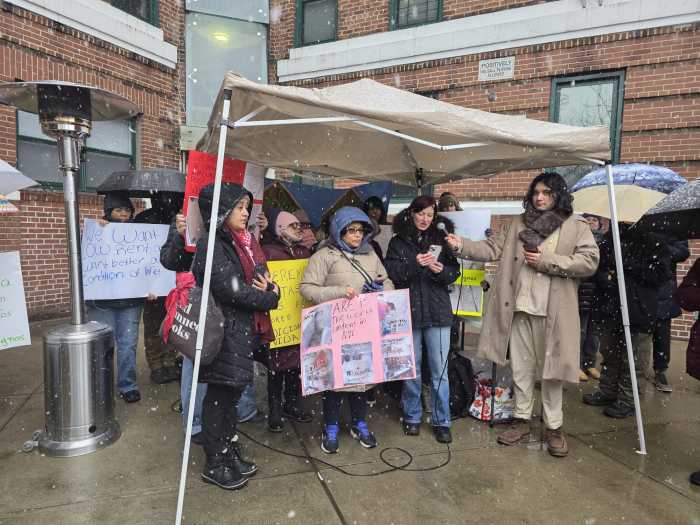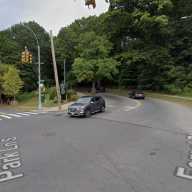By Sarina Trangle
A landlord seeking to usher in two residential developments by rezoning a Ridgewood strip has days to woo the City Council amid resistance from the local legislator.
The Woodward Avenue rezoning proposal was slated to go before the Subcommittee on Zoning and Franchises Aug. 18, before eventually making its way to the Land Use Committee and full Council.
Lawmakers have traditionally deferred to the legislator who represents the area in question — in this case Councilman Antonio Reynoso (D-Brooklyn).
Reynoso did not return requests for comment, but he has fought authorizing residential projects in the manufacturing zone during several stages of the city’s review, arguing newcomers may price out residents and businesses that offer higher-paying jobs than typical retail establishments.
“Once this building goes up, it’s definitely going to have a negative impact on the surrounding rents being charged to tenants,” the Ridgewood Tenants Union’s Raquel Namuche said of the larger proposed apartment complex. The tenants group recently formed to protect residents in what Namuche described as a gentrifying area. “We believe really strongly in preserving affordability.”
Ridgewood has been divided over the bid to reclassify a three-block strip bounded by Starr Street and Flushing, Woodward and Onderdonk avenues to permit an 88-unit residence at 176 Woodward Ave. and a second eight-unit building near Woodward Avenue and Starr Street.
Some argued the rents described by developers — with studios going for about $1,000 and two-bedroom apartments renting for up to $1,800 a month — would not be affordable to most in Ridgewood and invite an influx of young, wealthier inhabitants.
Others said the project would improve an area mostly used for vehicle storage that has become a haven for crime.
Community Board 5, Borough President Melinda Katz and the city Planning Commission have all approved the rezoning.
Katz’s nod of approval came with two suggestions. She requested an unspecified number of apartments be reserved for those making 60 percent of the area’s median income and urged a different commercial overlay be used to recruit a wider array of businesses.
An applicant representative said the landlord would be willing to use the zoning suggested by Katz during the June 11 Planning Commission hearing, application documents show.
The spokesman also agreed to permanently offer eight units in the larger development as affordable housing. When prompted by the commission, he committed to increasing this to 20 percent of the building’s apartments provided the city permits a bulkier development than currently authorized by its Inclusionary Housing program.
Mayor Bill de Blasio has discussed reforming the Inclusionary Housing program. The initiative has historically allowed developers to build denser projects than permitted under the zoning code so long as about one-fifth of the constructed space is used for affordable housing.
Details of what the revised program would look like have not been announced.
Neither the Planning Commission, Sinacroi, nor David Schwartz, a Slate Property Group principal involved with the project, responded to questions about the price range, portion and specific programs affordable units at 176 Woodward Ave. would fall under.
Beyond cost-of-living concerns, Reynoso and others worry the developments could pinch the neighboring Maspeth Industrial Business Zone.
The councilman said property owners in manufacturing zones may find residential uses more lucrative, but authorizing zoning changes may inspire more to seek them.
“Owners of these industrial properties say they’re in hardship,” Reynoso told TimesLedger Newspapers shortly after taking office. “But they’re self-imposed hardships in an effort to convert from manufacturing to residential.”
Reach reporter Sarina Trangle at 718-260-4546 or by e-mail at strangle@cnglocal.com.

